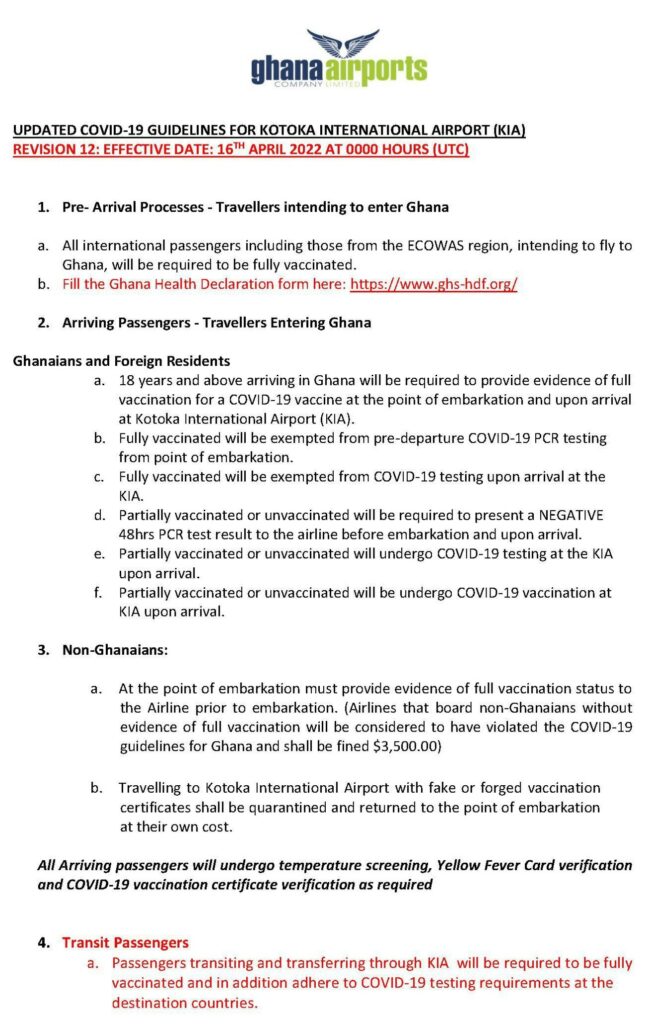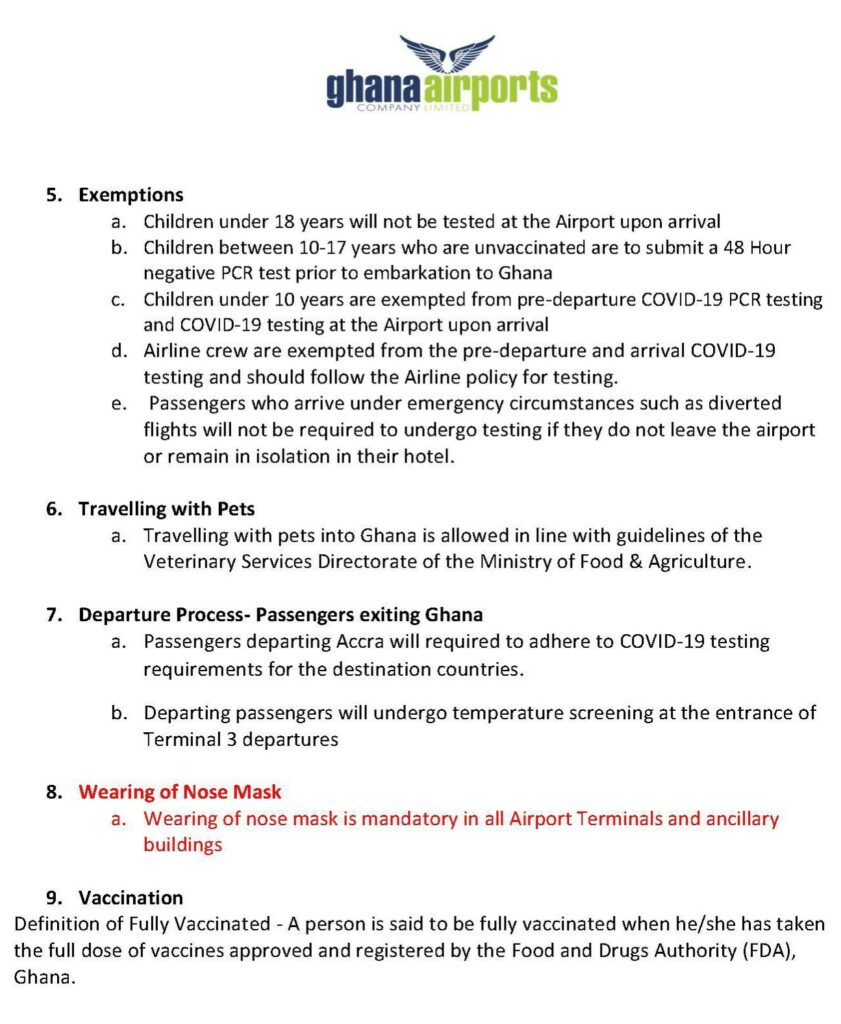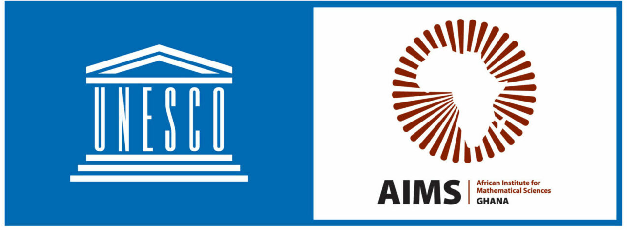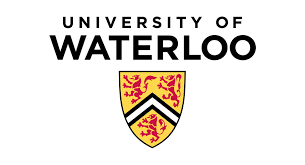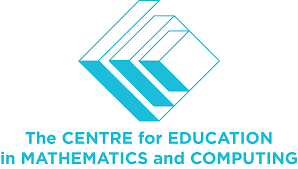Helping Teachers Teach Mathematics Conference – HTTMC
One major objective of AIMS Ghana as a UNESCO Category II Centre of Excellence is to provide training and professional development in the Mathematical Sciences for high school teachers across Africa. In line with this, AIMS Ghana in collaboration with the Centre for Education in Mathematics and Computing (CEMC) at the University of Waterloo, Canada is organizing a conference on Helping Teachers Teach Mathematics and Computing.
The goal of the conference is to provide current teachers in Africa with the opportunity to expand their knowledge on how to teach mathematics foundations of the core high school curricula. It is also aimed to expose them to new ways of teaching and applying modern mathematics. Most talks in the conference include tasks that will be directly applicable to daily classroom teaching. The conference will also challenge the teachers to brainstorm creative and dynamic ways of transmitting their knowledge to students.
The AIMS Ghana – CEMC Helping Teachers Teach Mathematics Conference (HTTMC) 3rd Edition, will be held at the University of Ghana from 13th – 16th of May 2025. This blended (online/in-person) conference for Mathematics teachers is an opportunity to bring educators together to share their knowledge and expertise, help build new connections and tap into a renewed enthusiasm for mathematics and computing.
Helping Teachers Teach Mathematics Conference -HTTMC
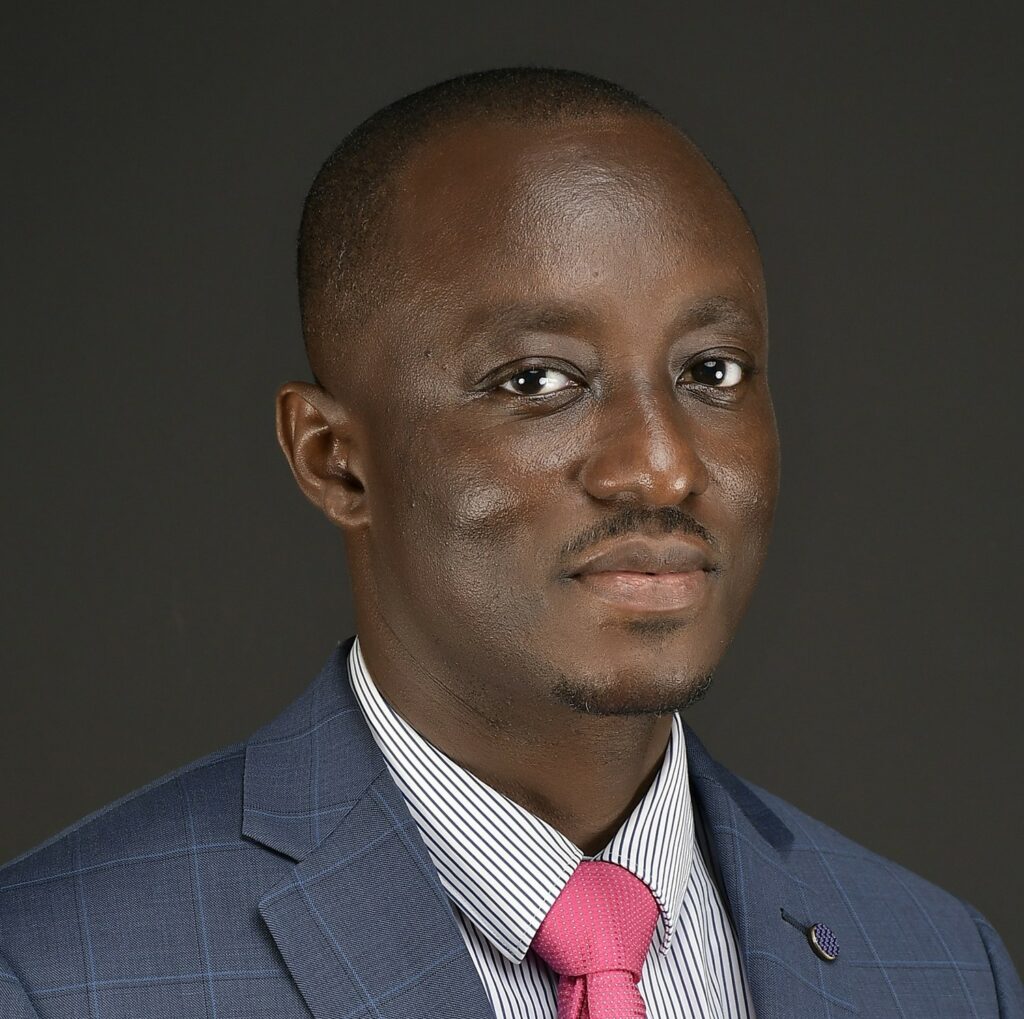
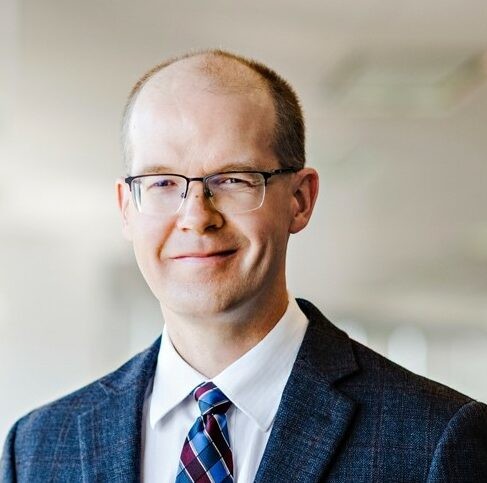
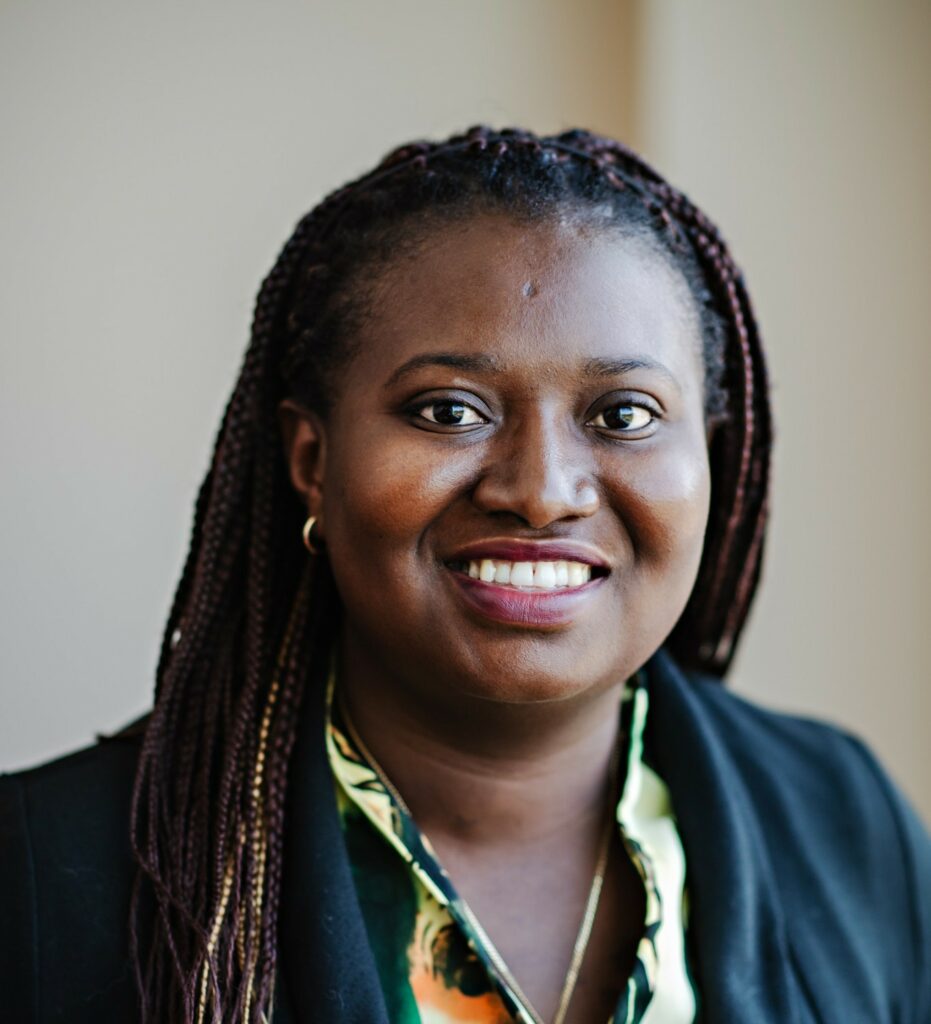

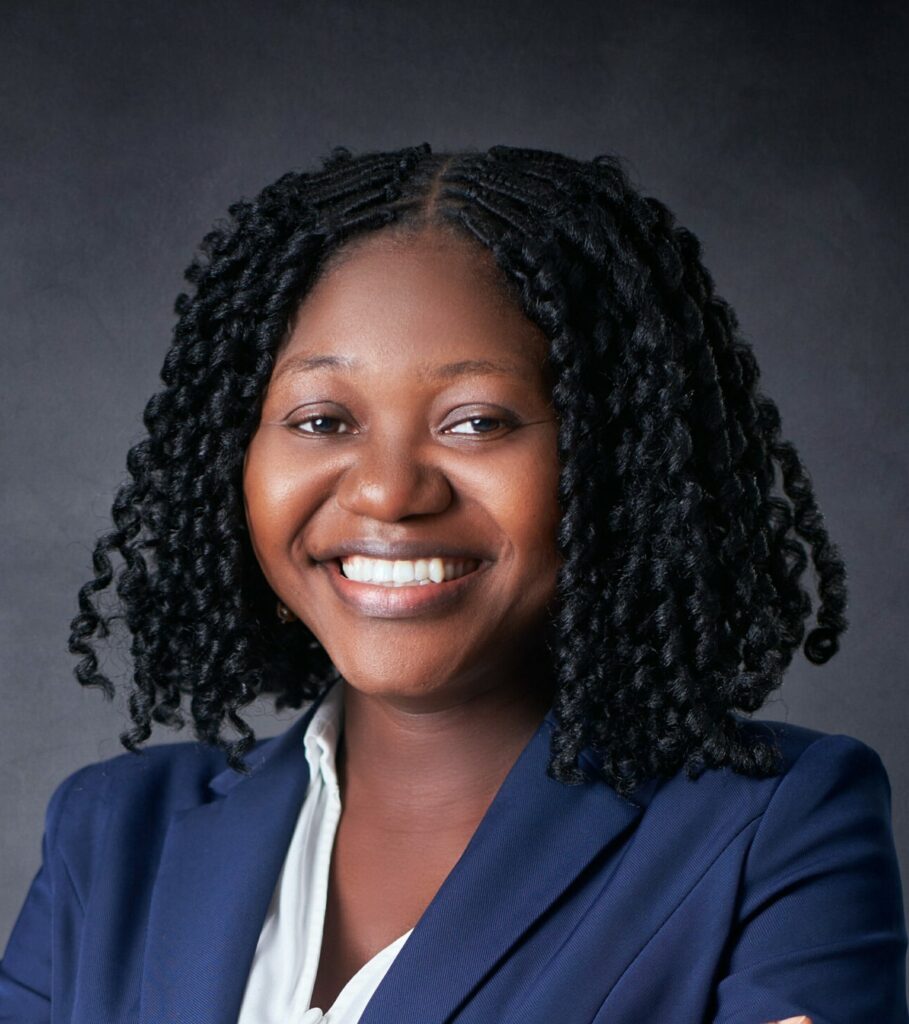

Helping Teachers Teach Mathematics Conference -HTTMC
fhh
Speaker Abstracts
hh
Rich Dlin
Title: Engaging Students in Mathematics Requires Only Active Minds
In 2024, Rich had the pleasure of travelling to many different schools in Ghana over the course of three weeks, to work with students and meet and discuss math education with teachers and administrators. It was truly informative and gave him a deep appreciation for the work that Ghanaian educators do. In this talk, Rich will present some of his ideas for teaching mathematics in a way that can engage and challenge students at all ability levels using the resources available. The talk will include problem solving strategies as well as different approaches to the curriculum that can bring deeper appreciation of mathematics to your students.
Ian VanderBurgh
Title: Providing challenges to strong students
Having strong students in our classrooms can be a real blessing, but also presents a challenge to us as educators. How can we best engage these students to allow them to progress and excel, recognizing that our attention is always divided between various groups of students? This session will discuss this challenge from both philosophical and practical angles.
Carly Ziniuk
Title: Boole Bezier and Beauty
Approximating curves by using lines and line segments is fundamental to the understanding of Calculus, yet all students in high school math courses can explore this concept through both historical contexts and modern applications. You can explore the historical connections with the creativity of these beautiful and geometrical creations while developing your own perspectives while you build your algebraic skills. We will demonstrate connections to Mary Everest Boole’s Curve Stitching, coding with Scratch and Desmos, and Bézier curves from architecture and computer graphics. How do these curves describe both the Ba-ila settlements of southern Zambia and the coronal loops, the plasma arcs from the sun?
Judith Ann Koeller
Title: A Window from your Math Classroom to the World
Try your hand at some mathematical problems with real-world applications, including planning more efficient routes, transmitting photos from space, saving lives through organ donations, and predicting future population numbers. We will see how these connect to high school curriculum topics, including polynomials, factorials and probability.
Jen Nelson
Title: Let’s solve some problems!
At its best, math is all about the art of problem-solving. A good problem offers the opportunity to think carefully and systematically, as well as the chance to exercise creativity in discovering a path to the solution. In this session, we will experience these things for ourselves as we work through several interesting problems that could be used for discussion and enrichment in your classroom. Along the way, we will discuss problem-solving tips to share with your students and other resources where you can find more problems to try out in your schools and classrooms.
Salomey Addo
Title: PRIMM – an approach to teaching programming in schools
PRIMM is a structured approach to teaching programming in schools. The acronym stands for Predict, Run, Investigate, Modify, Make, and it is grounded in research on programming education. This framework supports teachers in delivering programming lessons in a collaborative and learner-centred way. By using PRIMM, teachers can scaffold learning and design targeted tasks that help students grasp key programming concepts. Studies have shown that teachers who implement PRIMM often see improved understanding among students who previously found programming challenging. In my talk, I will demonstrate how PRIMM can be effectively used in the classroom to enhance the teaching and learning of programming.
Gloria Armah
Title: Beyond the Bars
This study explored the ability of first-year pre-service mathematics teachers to interpret graphical representation, with an emphasis on histograms. The descriptive survey design was employed as the methodological framework for the investigation. The study was carried out at the Department of Mathematics Education, University of Education, Winneba, Ghana, during the 2022/2023 academic year. The purposive and convenient sampling techniques were used to sample 342 first-year pre-service mathematics teachers. This sample included 31.3% (107) trained teachers who have taught mathematics at the basic school level. Females also formed 15.5% (53) of the sample. The test used as the instrument for collecting data was adapted from previous studies and classified into two skill types: statistical literacy (SL) and statistical reasoning (SR). Data was analysed by computing the success rates for the items as well as assessing participants’ valid justifications for their responses. This gave insight into the challenges participants encountered. Under statistical literacy items, findings revealed that for items which covered tasks like reading frequencies and identifying axes, success rates ranged from 45.6% (156) to 63.7% (218), whereas those which required identification of the median of a categorical dataset in a bar chart and comparing modes of two histograms presented a more complex situation with success rates around 26.0% (89). Under the statistical literacy items, only 12.1% (11) could provide valid justifications for their correct response on the item on identifying the median of a categorical dataset in a bar chart, and 28.1% (25) for the item on comparing modes of two histograms. On statistical reasoning items, moderate success rates were recorded for items requiring interpretation of information from histograms with success rates ranging from 33.0% (113) to 56.1% (192).
Challenges were encountered with matching a given description to an appropriate histogram and comparing and contrasting distribution characteristics, with success rates of 24.0% (82) and 0.6% (2), respectively. Under these statistical reasoning items, participants’ lack of conceptual understanding was evident, as either zero conceptually sound justifications were recorded or an abysmally low one (5.3% (9) or 6.2% (7)), even for correct responses, with just a repetition of the choice of answer from the options. Participants demonstrated moderate proficiency in basic statistical tasks; however, significant challenges were encountered with more complex tasks which required inferential reasoning. It was recommended that teachers integrate creative pedagogical approaches and interactive technologies that emphasise statistical reasoning into their teaching.
Chisara P. Ogbogbo
Title: Creativity and Innovation in Delivery of Mathematics content: a Panacea to student Aversion
Student aversion to Mathematics in Africa is a reality. This seems to create a communication barrier between the learner and the teacher. Some level of creativity in the delivery method would arouse the curiosity and interest required for the student to connect. Innovation with flexibility would work better in the teaching of mathematics, than the regular teaching methods. In my talk, I will present series of illustrations, that will awaken the teachers, to device more creative and innovative approach, for the delivery of the subject. It is expected that this will minimize aversion.
Peter Akayuure
Title: Unlocking Students’ Mathematical Potentials through Games and Puzzles
In many classrooms in Ghana, the teaching of mathematics is often characterised by abstract expositions and rigid routine procedures. This approach often leads students to view mathematics as socially irrelevant and disconnected from their lived experiences. Games and puzzles have the potential to bridge this pedagogical gap. As socially meaningful dilemmas, games and puzzles do not only resonate with students’ everyday experiences but also promote pattern recognition and logical thinking. Although, these pedagogical tools are being referenced in the Ghanaian mathematics curriculum, many Ghanaian mathematics
teachers are yet to fully experience and explore their potentials in mathematics classroom. This session introduces mathematics teachers to indigenous and digital games and puzzles as creative, low-cost pedagogical tools for developing mathematical thinking of students in the senior high schools. Underpinned by the constructivist views, the session will explore how problem-based activities, ranging from games and logic puzzles to pattern and strategy-based tasks could foster interest, creativity, critical thinking, collaborative learning and perseverance. Using hands-on demonstrations and reflective discussions, participants will examine how these playful tools deepen students’ conceptual understanding and learning engagement, in line with the Ghana’s Senior High School mathematics curriculum. The session aims to empower teachers to unlock the mathematical potentials of every student in an active, inclusive, joyful, and intellectually stimulating environment.
Helping Teachers Teach Mathematics Conference -HTTMC
jhh
Meet the Speakers

Ian VanderBurgh
CEMC Director, Associate Professor, Teaching Stream, University of Waterloo
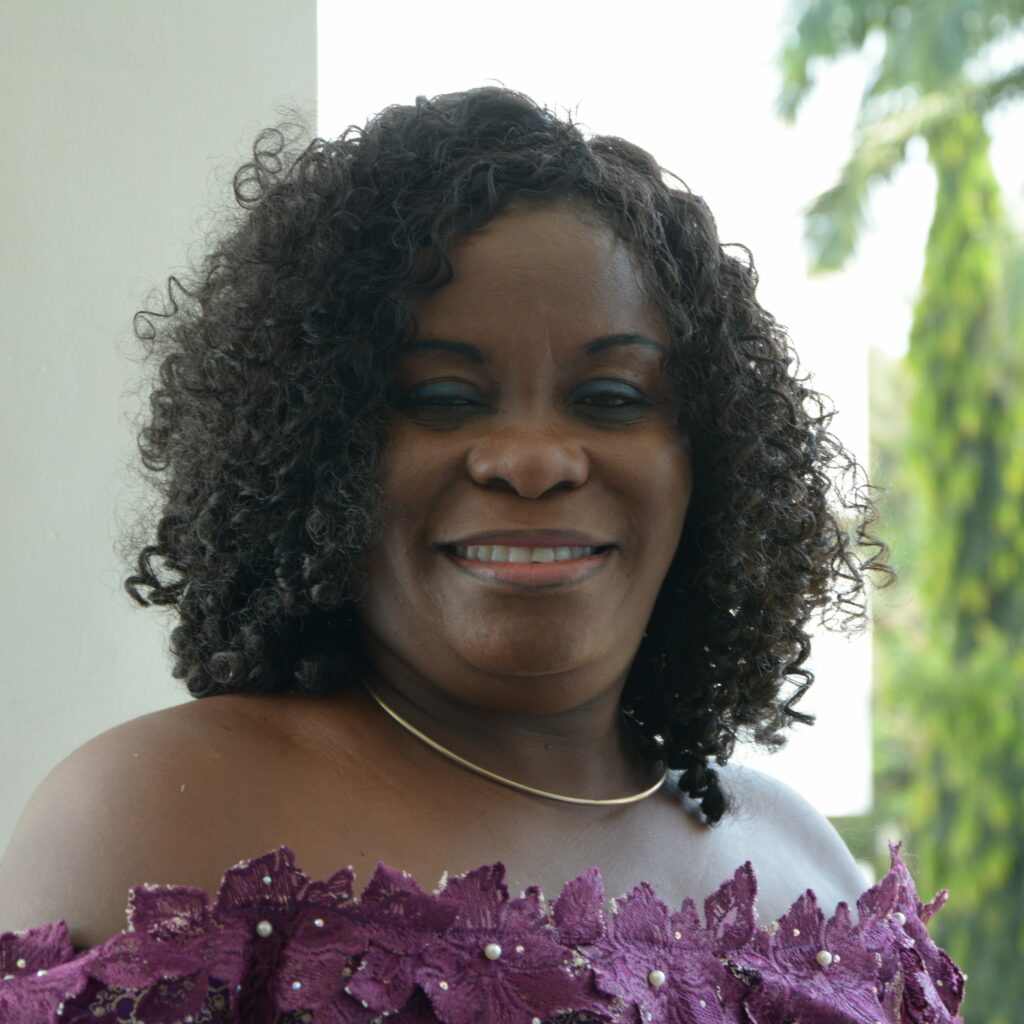
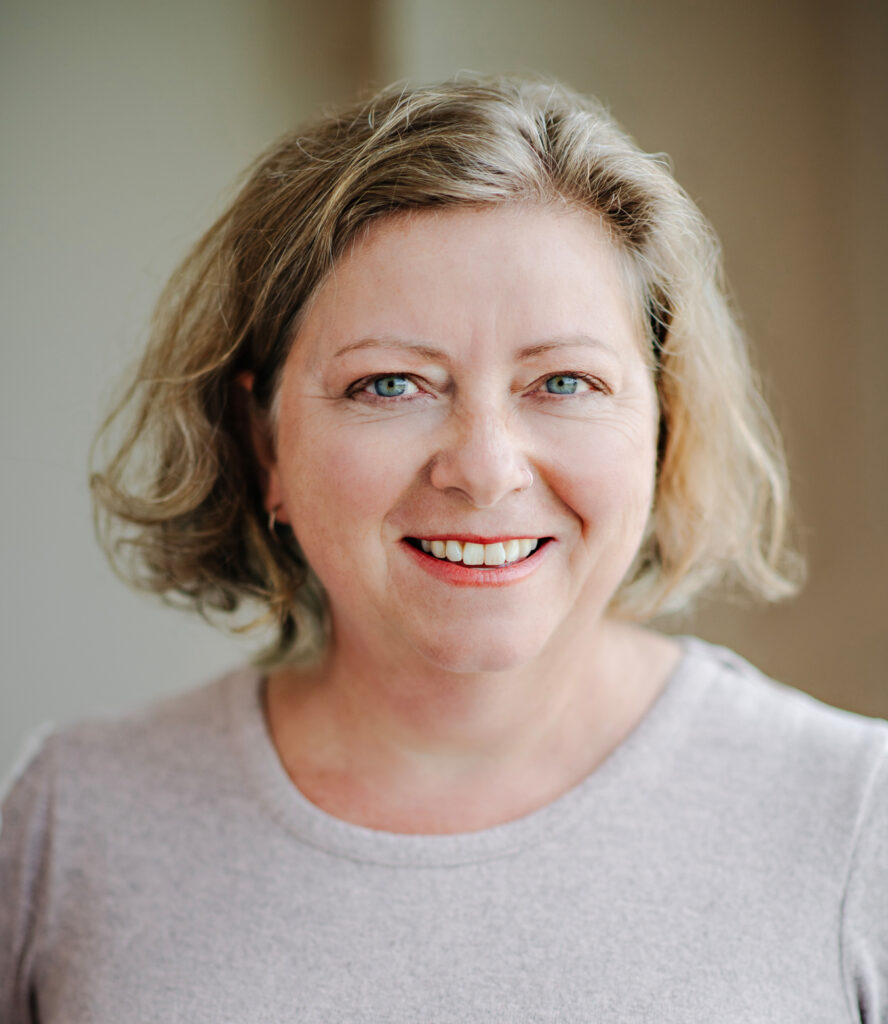
CEMC Associate Professor, Teaching Stream, University of Waterloo
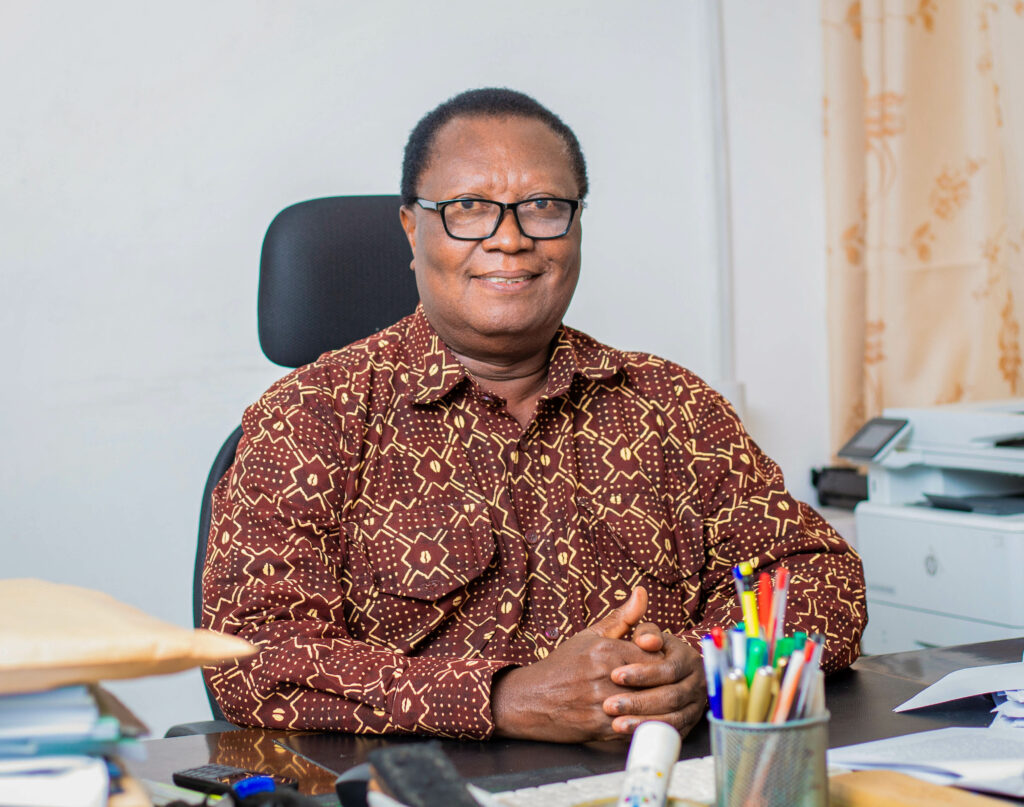
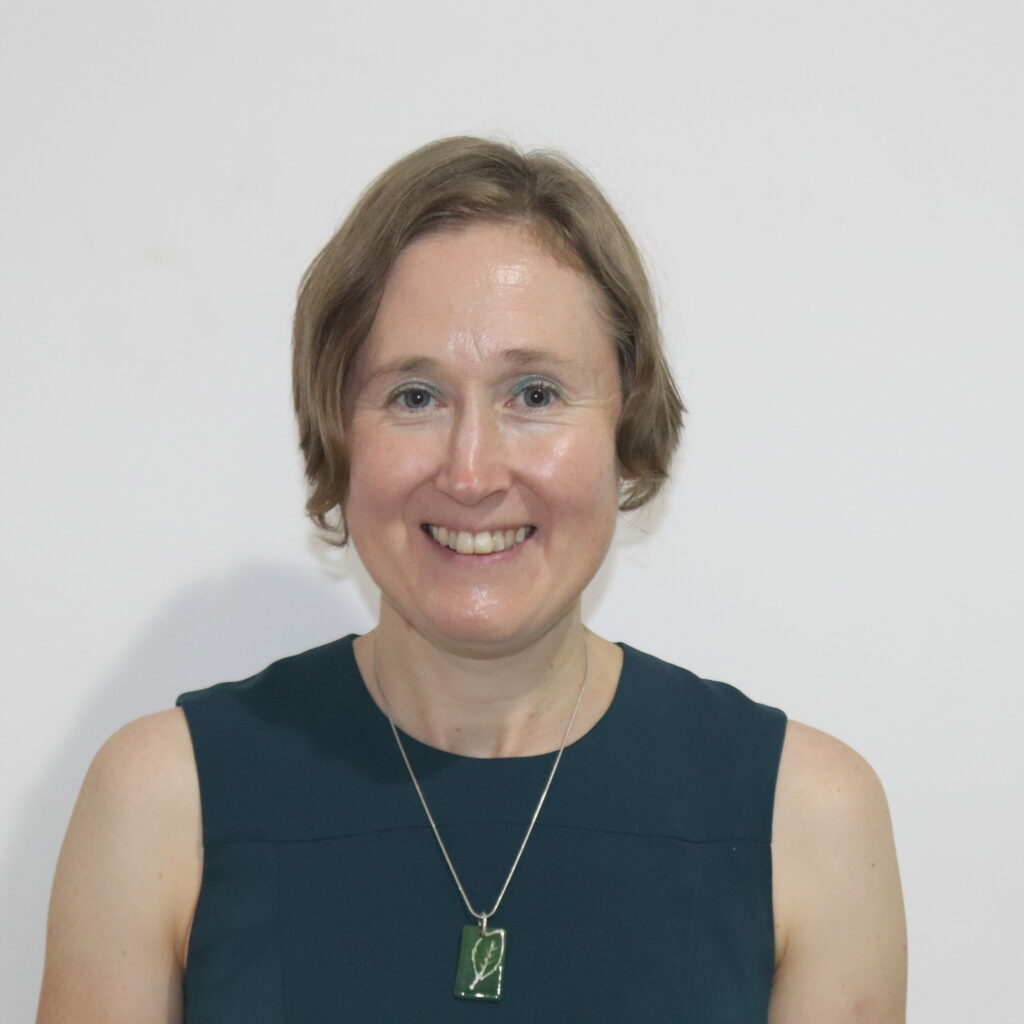

Associate Professor, University of Education

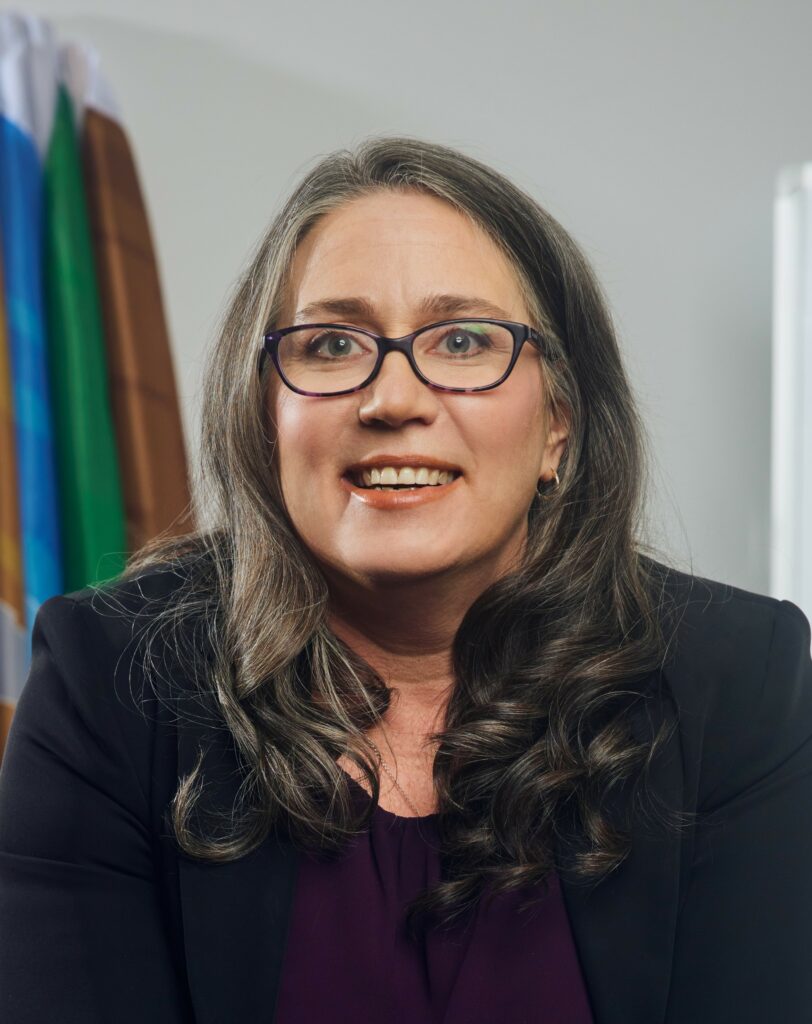
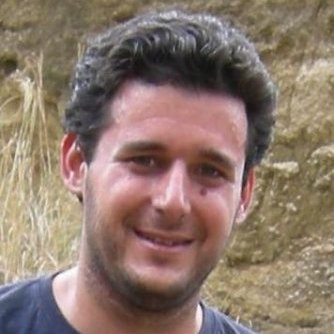
Innovations in Development, Education and the Mathematical Sciences (IDEMS) International
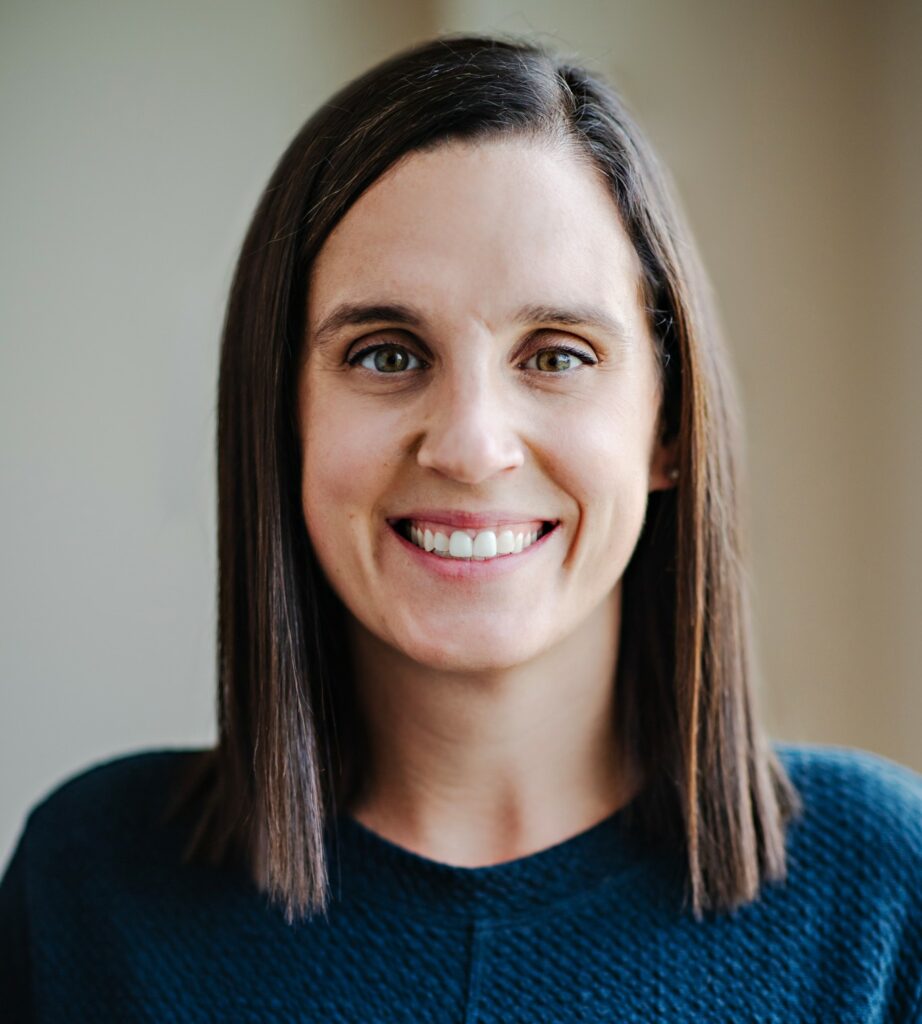
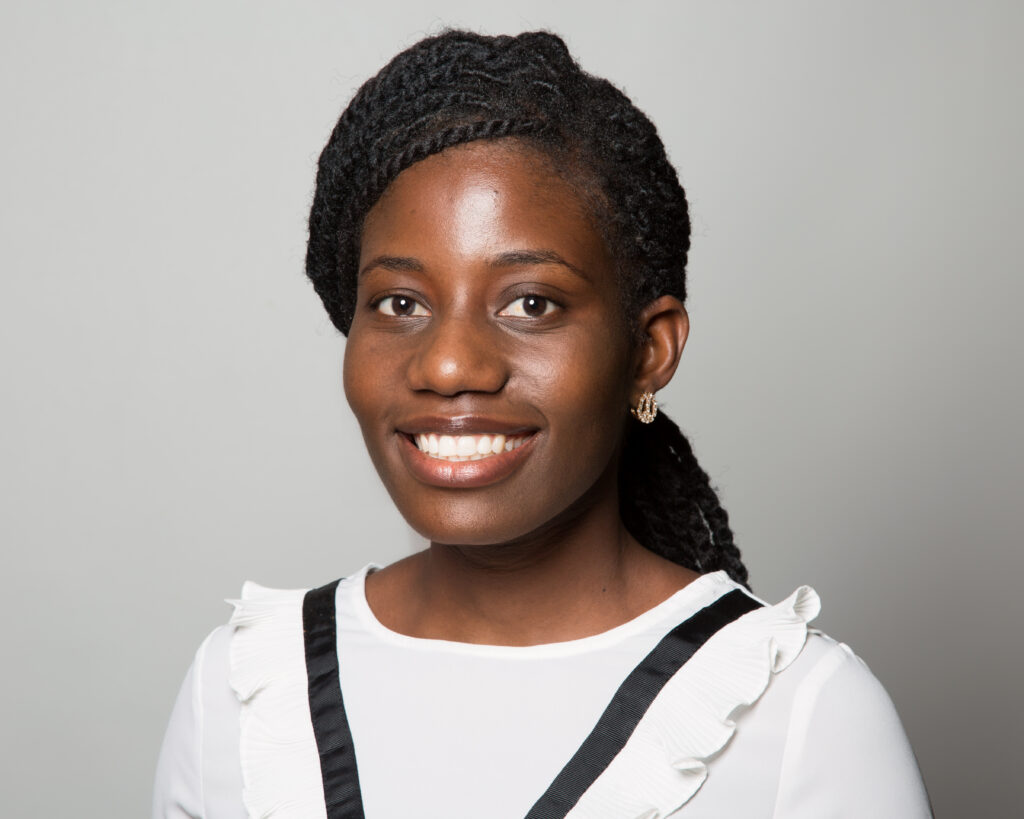
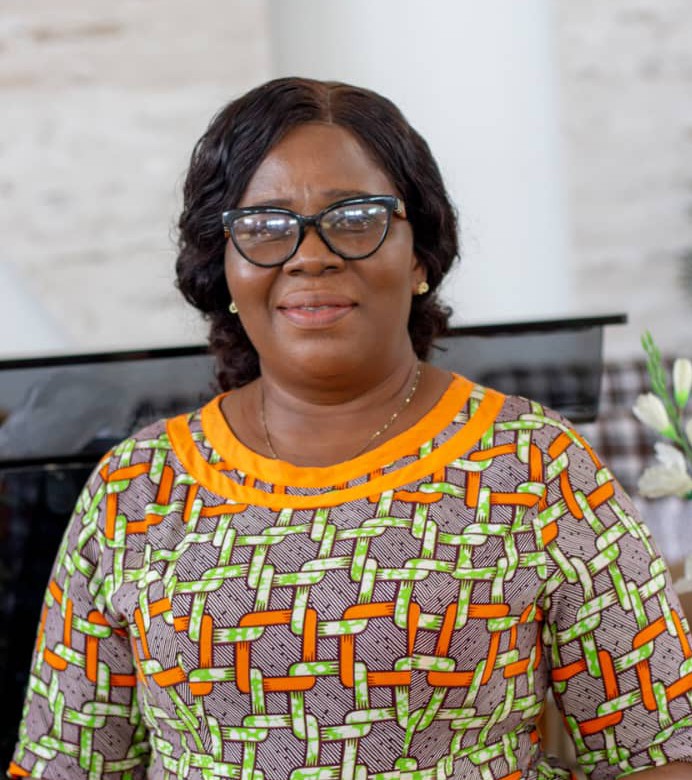
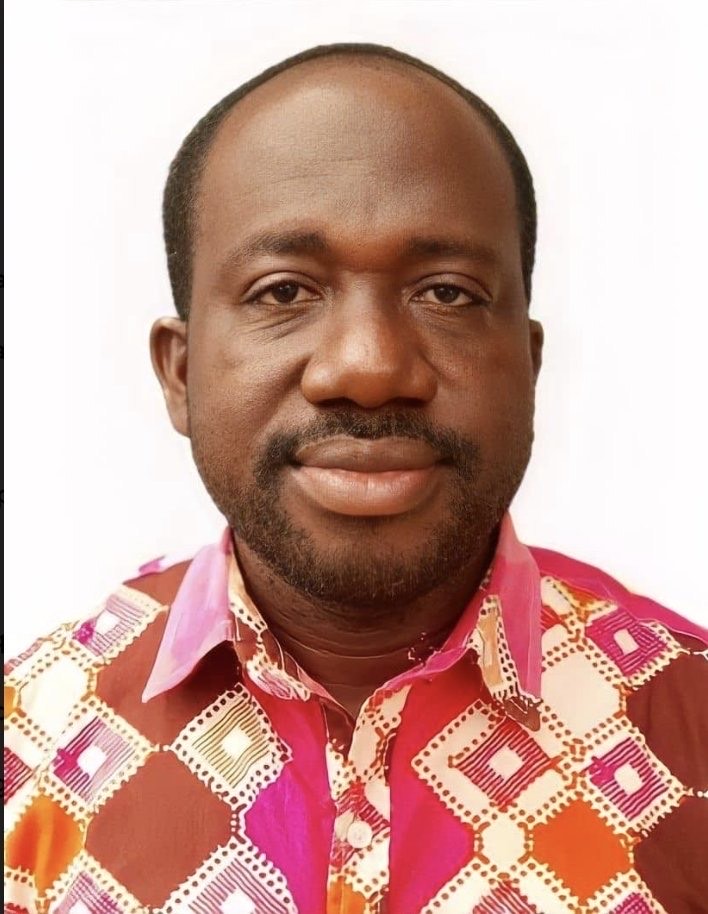
International Baccalaureate Specialization
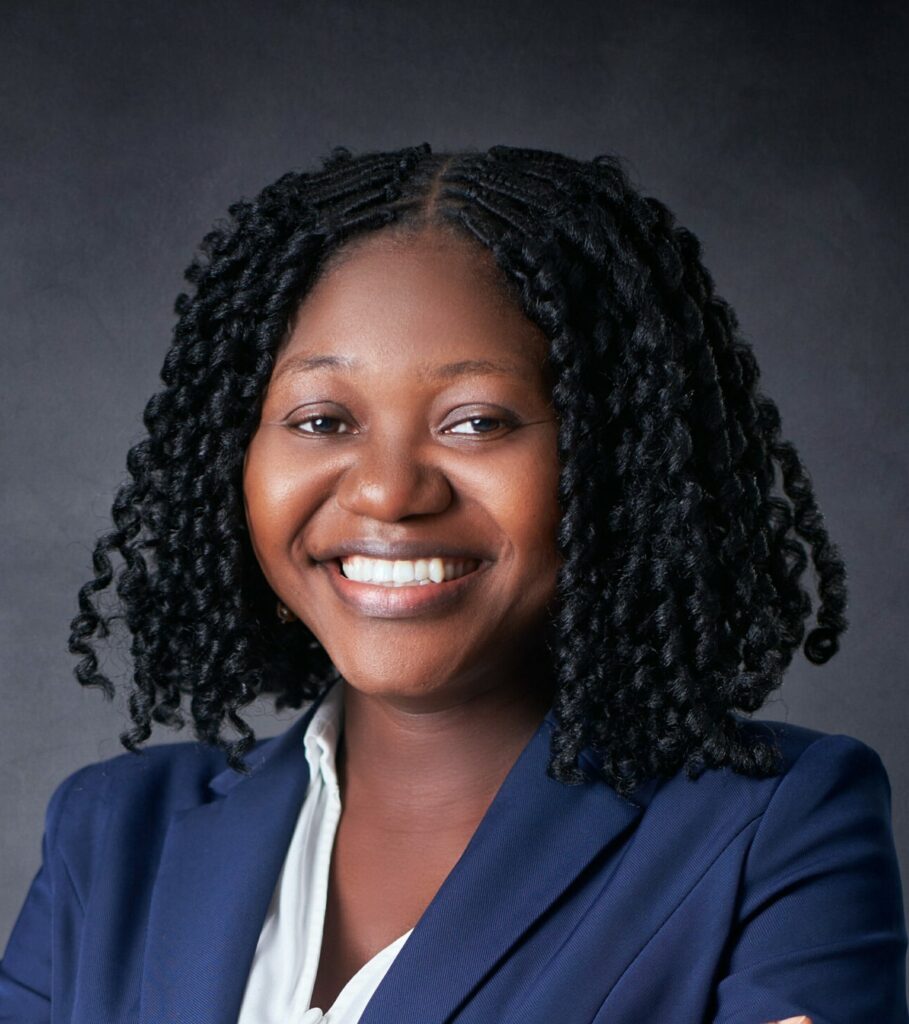

Helping Teachers Teach Mathematics Conference -HTTMC
Eligibility:
Applicants must be Mathematics and Computer Science teachers at the Junior or Senior high school level ie. Grades 7-12 who will be available to participate either online/ in-person within the stated period.
DEADLINE FOR APPLICATIONS: 10th April 2025
Application Form:
Click HERE to complete the Online Form.
For more information, kindly send an email to organizers at httmc@aims.edu.gh. The subject of your email should have your full name and the abbreviations of the conference: HTTMC as shown in the example: Kwesi.Ofori.HTTMC2024.
Kindly note that only shortlisted applicants will be contacted.
Click to download Application Flyer
DownloadHelping Teachers Teach Mathematics Conference -HTTMC
Conference schedule is currently being finalized.
Click to download tentative schedule.
DownloadTravel Guide
Routine Vaccines:
Be sure that your routine vaccines, as per your province or territory, are up-to-date.
Some of these vaccines include: measles-mumps-rubella (MMR), diphtheria, tetanus, pertussis, polio, varicella (chickenpox), influenza and others.
Pre-travel vaccines and medications:
You may be at risk for preventable diseases while travelling to this destination. Talk to a travel health professional about which medications or vaccines are right for you.
Diseases include:
Hepatitis A
Yellow Fever – Country Entry Requirements
Rabies
Measles
Hepatitis B
Polio
Influenza
Meningococcal disease
Malaria
COVID-19
Food and Water-borne Diseases
Travel health and safety:
Emergency medical attention and serious illnesses require medical evacuation. Medical services usually require immediate cash payment.
Make sure you get travel insurance that includes coverage for medical evacuation and hospital stays.
Prescription drugs
If you take prescription medication, you are responsible for determining its legality in Ghana.
Precautions
- Bring sufficient quantities of your medication with you
- Always keep your medication in the original container
- Carry a copy of your prescription(s)
- Pack them in your carry-on luggage
COVID-19 Protocol at AIMS Ghana
AIMS Ghana adopts recommendations from National Covid 19 guidelines, so the main protocol is that anyone visiting Ghana or the Centre is required to be fully vaccinated. All participants should kindly adhere to this protocol.
